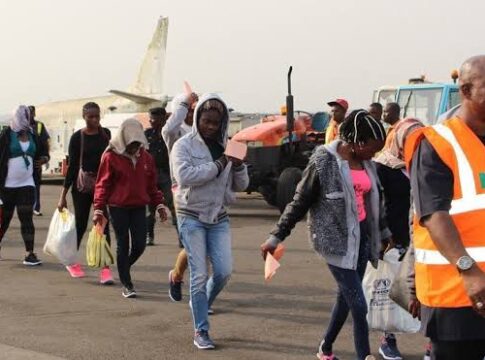Nearly one in five Nigerian households, or 20.8%, have resorted to borrowing food or seeking help from friends and family to survive over the past month, according to the latest report from the National Bureau of Statistics (NBS).
The findings, released as part of the General Household Survey-Panel Wave 5 (2023/2024), paint a sobering picture of the nation’s food insecurity crisis.
The report, supported by the World Bank, reveals that 65.8% of households struggled to afford healthy, nutritious, or preferred meals due to financial difficulties. Additionally, 63.8% relied on a limited variety of foods, and 62.4% admitted they worried about running out of food.
“At least 60.5% ate less than they thought they should, while 12.3% of households had members who went an entire day without eating,” the report stated.
Regional and Gender Disparities Highlighted
The crisis is most severe in Nigeria’s southern regions, with the South-South zone reporting over 60% of households skipping meals due to financial hardship. Female-headed households are disproportionately affected, with 72.2% unable to afford balanced meals, compared to 64% of male-headed households. “55.2% of female-led households ran out of food entirely, far exceeding the 41.3% recorded among male-headed homes,” the NBS revealed.
The North-Central zone has seen the most alarming rise in food insecurity since 2018, with concerns about food access tripling from 16.2% in Wave 4 to 44.9% in Wave 5. Similarly, the South-West region experienced a sharp increase, from 46.7% to 61.7%.
Food Shortages Persist Across Regions
The report also noted that 37% of households faced food shortages in the past year, with the lean months of June to August particularly challenging. The North-East zone recorded the highest incidence of food shortages at 53%, while the North-Central had the lowest at 25.7%.
A Call for Immediate Action
As hunger grows, the NBS report highlights the urgent need for sustainable solutions. Programs addressing economic instability, agricultural productivity, and access to nutritious food are also critical to mitigating the crisis.




